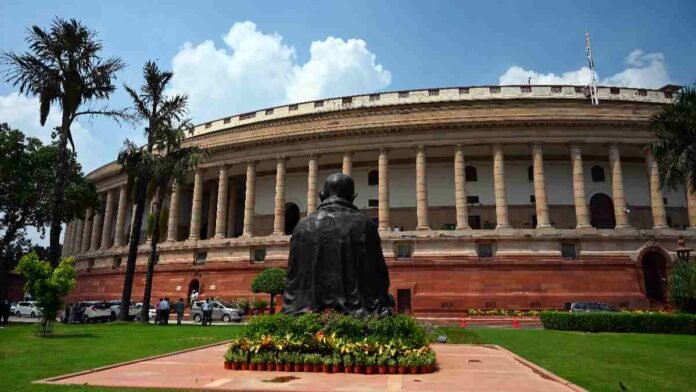On Thursday, the Ministry of Commerce and Industry modified an import law to prohibit the import of laptops, tablets, other personal computers, and servers, a move that observers say is meant to boost domestic manufacturing.
“Import of laptops, tablets, all-in-one personal computers, ultra small form factor computers, and servers falling under HSN 8741 shall be’restricted,'” a government announcement stated, adding that the import will be permitted only with a valid restricted import licence. Passengers carrying the aforementioned gadgets in their luggage will likewise be exempt from the limitation.
The move is intended to benefit domestic production, but New Delhi provided no rationale.
The updated policy.
In recent years, India has provided incentives to enterprises in an effort to boost local output. The project has successfully attracted a wide range of smartphone manufacturers and is now piqueing the interest of chipmakers and semiconductor manufacturers.
The Narendra Modi administration proposed a $2 billion initiative in May to promote indigenous enterprises that manufacture gear like as laptops, PCs, servers, and associated edge computing technology. The concept was an improvement on the previous initiative, for which the government had agreed to invest $892 million.
“This policy announcement appears to be based on the premise of providing secure digital access to the country’s growing number of digital citizens.” “We are confident that valid licenses will be issued to trusted industry partners, allowing Ease of Doing Business (EoDB) and unrestricted access to trusted brands for digital consumers,” said Pankaj Mohindroo, Chairman of the Indian Cellular and Electronics Association, in a statement.
Dell and HP are among the corporations with existing manufacturing operations in India. The Indian government also wishes to enhance domestic production and entice Apple and its industrial partners to establish a global manufacturing base in India.
According to official data given in parliament in December, the value of completed electronic items imported into India increased 32% to $43 billion in 2021-22, up from more than $32 billion in 2019-20. However, the incentives and programmes given to increase domestic production contributed to a reduction in the percentage of imported finished electronic products (including components) in total electronic goods imports to 64% in 2021-22, down from 69% in 2019-20.
Counterpoint, a Hong Kong-based market research organization, believes that 30-35% of laptops and 30% of tablets delivered to India in the first half of 2023 were built domestically.
Conclusion:-
According to a change in import policy, India has limited imports of laptops, tablets, personal computers, and servers under HSN 8741. The import will be permitted only with a valid limited import license and will not apply to travelers carrying these gadgets in their luggage. The decision is anticipated to promote domestic manufacturing efforts, but New Delhi provided no rationale. In recent years, India has provided incentives to enterprises in order to boost local manufacturing, attracting smartphone manufacturers and raising the interest of chipmakers and semiconductor producers. The government also intends to increase domestic production and make the country an appealing place for Apple and its industrial partners to develop a global manufacturing hub.



